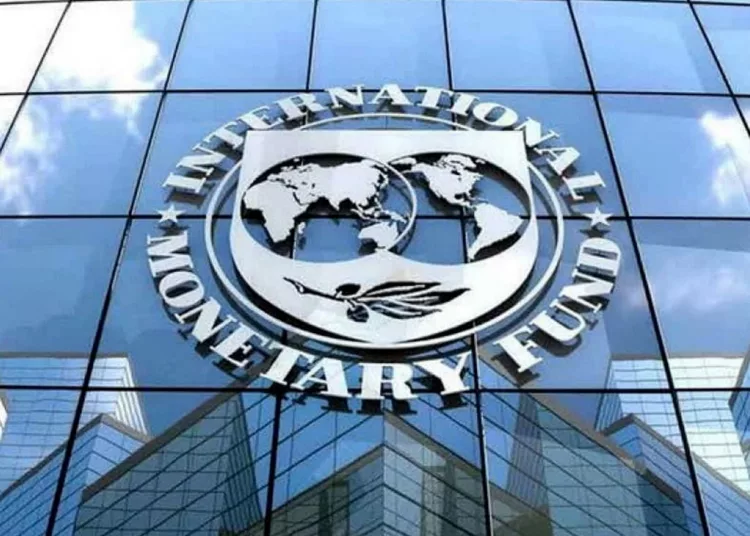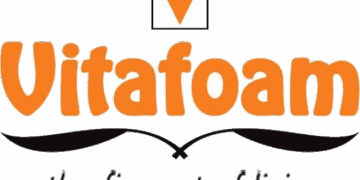Nigeria and the International Monetary Fund (IMF) have commenced collaborative discussions aimed at shaping the country’s medium-term economic direction and development blueprint for 2026–2030, as part of efforts to sustain ongoing reforms and accelerate inclusive growth.
The engagement took place in Abuja on Friday when a high-level IMF delegation, led by Assistant Director of the Fund’s African Department, Mr Axel Schimmelpfennig, met with the Minister of Budget and Economic Planning, Senator Abubakar Atiku Bagudu, to deliberate on Nigeria’s reform trajectory, fiscal priorities, and long-term development agenda.
According to a statement issued by the Ministry of Budget and Economic Planning, the IMF team’s visit was part of a consultative mission designed to review Nigeria’s macroeconomic framework and assess the country’s reform progress ahead of the Fund’s next country report.
In his remarks, Schimmelpfennig commended Nigeria for maintaining reform momentum despite global and domestic challenges.
He said the IMF was keen to understand how Nigeria’s upcoming National Development Plan aligns with its broader economic transformation goals.
“We would like to hear your thoughts on current developments — your outlook for the next year and the medium term,” Schimmelpfennig said. “We understand that you are preparing the medium-term framework, the National Development Plan, and the 2026 budget. Having your overall vision at this stage will be extremely helpful.”
He further observed that while pre-election years typically introduce uncertainty in many countries, Nigeria’s continued policy coherence demonstrates growing institutional maturity.
“Every country manages pre-election periods differently,” he said. “But what we see in Nigeria is a continued commitment to reform and policy consistency — a signal of growing institutional strength.”
Responding, Minister Bagudu reaffirmed the federal government’s commitment to aligning fiscal reforms with national planning, ensuring that policies translate into inclusive and sustainable growth.
He expressed appreciation for the IMF’s sustained technical assistance and constructive feedback over the past two and a half years, describing it as instrumental to refining Nigeria’s reform strategies.
“We are deeply grateful for the guidance and encouragement we have received from the IMF and the World Bank,” Bagudu said. “Your interrogation and feedback have played a vital role in refining our reforms and ensuring that our economic management remains evidence-based.”
The minister highlighted that Nigeria’s reform drive under President Bola Tinubu’s administration is anchored on discipline, inclusion, and transparency — principles that have begun to yield measurable improvements in fiscal stability and governance.
He reiterated that the government’s vision of achieving a $1 trillion economy by 2030 rests on a foundation of well-coordinated reforms and data-driven national planning.
Bagudu further explained that the forthcoming 2026–2030 National Development Plan (NDP) aims to create a unified and evidence-based framework that integrates the strategies of federal, state, and local governments. The plan, he said, will focus on sustaining growth, enhancing productivity, and deepening economic inclusion across all regions.
“We are working to make the plan a reflection of Nigeria’s collective ambition — one that incorporates fiscal discipline, subnational collaboration, and the reforms necessary to sustain long-term growth,” the minister noted.
He also emphasised the role of the Renewed Hope Ward-Based Development Plan, which aims to harness the economic potential of Nigeria’s 8,809 wards as the foundation for grassroots-driven growth and equitable resource distribution.
Bagudu described the ongoing collaboration with the IMF on macroeconomic modelling, fiscal forecasting, and comparative development data as crucial to improving policy design and implementation.
“We are not lamenting; we are learning and refining,” he said. “Our partnership with the IMF is about innovation, not dependency, and will continue to guide Nigeria’s reform-driven path towards sustainable growth.”
The Ministry noted that the discussions form part of broader consultations with development partners as Nigeria prepares the medium-term fiscal framework and the next phase of its national development plan.
The 2026–2030 NDP, expected to be unveiled next year, will succeed the current National Development Plan (2021–2025) and is designed to consolidate reform outcomes, stimulate private investment, and position Nigeria as one of Africa’s fastest-growing and most resilient economies by the end of the decade.





